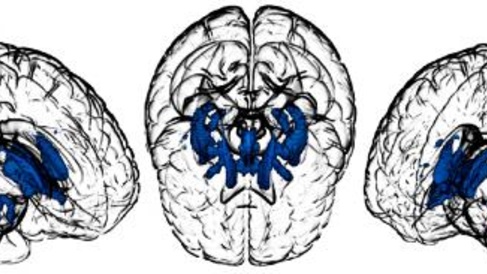Machine learning for neurocognitive profiling in ageing

To understand the key factors that mediate cognitive health across the lifespan, we use machine-learning algorithms and implement predictive models to estimate the critical factors that underlie cognitive health. We incorporate demographic, physiological, cognitive and brain imaging data from healthy individuals across age groups (18-80). To identify individualised profiles of cognitive health, we train metric learning algorithms to classify asymptomatic individuals at genetic risk (i.e. preclinical populations), providing insight into markers of cognitive decline.
These machine learning tools provide interpretable models that allow us to identify not only the most relevant factors, but also their interplay that best determine cognitive health. We extend our predictive models to compare metrics of interactive predictors across repeated measurements and track individual profiles over time. Finally, we develop predictive models that deal with ‘partial’ data. In particular, brain imaging data provide rich information about neural health; however, their collection is costly and not always possible for all older adults (e.g. due to non-MR compatible implants, movement in the scanner, cardiovascular disease). We build predictive models that exploit both cognitive and brain imaging data in a framework termed ‘Learning Using Privileged Information’ (LUPI). We test the validity of this approach by training a machine learning algorithm with brain imaging data from a small sample, and predict cognitive health on an independent sample using only cognitive data. Enhanced model predictions with privileged data will validate our proposed models as powerful diagnostic tools with potential applications in clinical practice.
